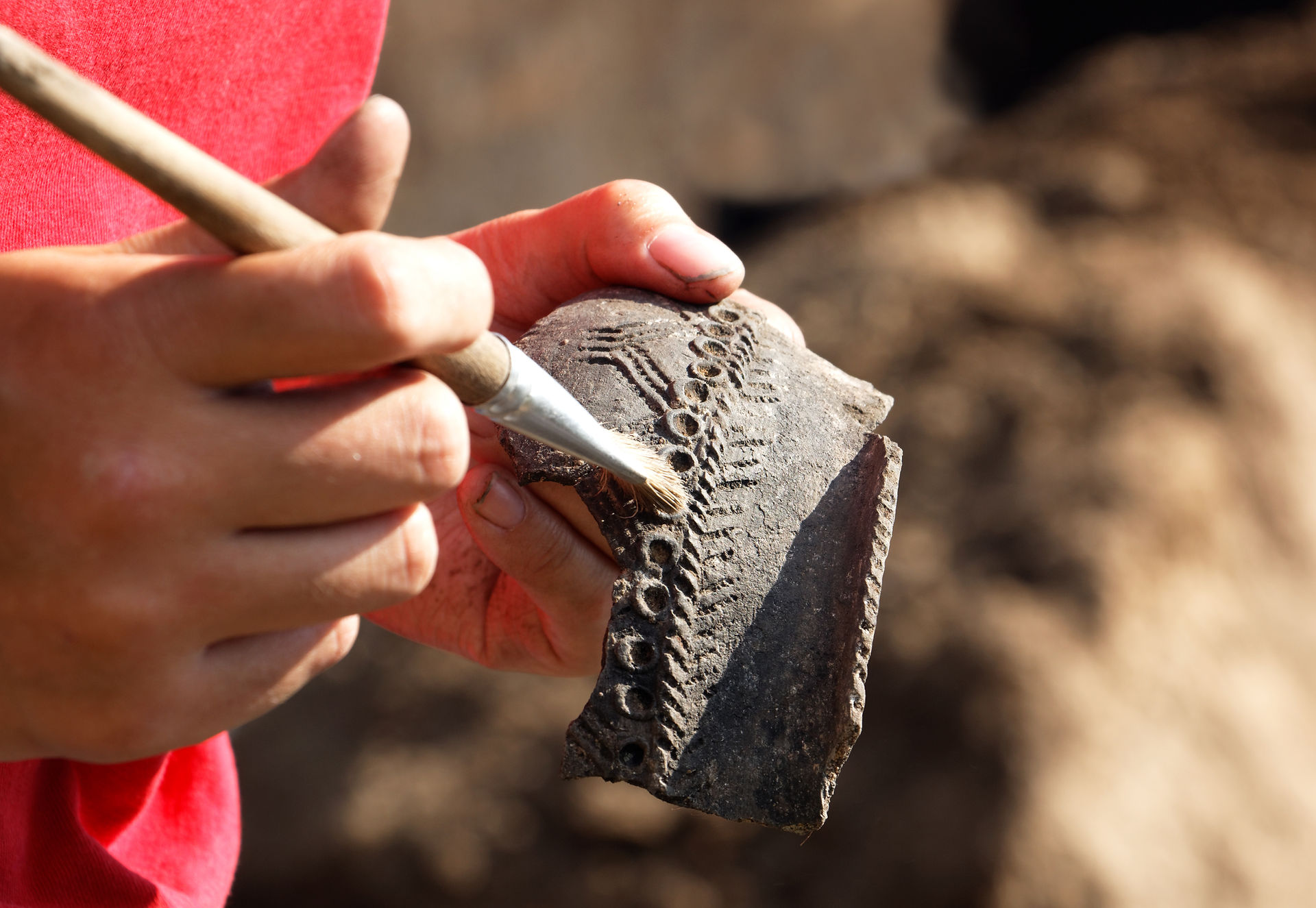
ARCHAEOLOGICAL LICENSING (PGPA)
Archaeological rescues take place when archaeological sites are located in the enterprise's area and there is no possibility of preservation in situ, making it necessary to remove them so that the enterprise can be implemented. It is carried out using various techniques and equipment aiming at the most detailed documentation possible.
ARCHAEOLOGICAL LICENSING (PAIPA / RAIPA)
In compliance with the legislation pertaining to environmental licensing, particularly the (Brazilian Legislation) IPHAN guidelines, referenced in Ordinance IPHAN 01/2015, we carried out the preparation of the archaeological project (PAIPA) and the activity report (RAIPA) aiming at field investigation and guidance to the entrepreneur and public bodies of preventive measures to reconcile the enterprise with the archaeological heritage.
LABORATORY ANALYSIS
Laboratory analyzes are a continuation of rescue activities. In this stage, the archaeological remains are cleaned, cataloged and studied, and finally sent to a support institution that will store them. It is an important phase of the studies due to its enormous potential for information on the traces of the past.
ARCHAEOLOGICAL VALUATION OF CAVES
In compliance with (Brazilian Legislation) IN / MMA 02/2017, we evaluated the attribute “outstanding historical-cultural or religious relevance” of cavities. Thus, the cavities in the area of the enterprise are evaluated for the search for traces of human occupation as well as their potential for the possible existence of these traces in the subsurface are also evaluated.
HERITAGE EDUCATION
Heritage education corresponds to extroversion of knowledge about the history and archeology of the region, the surrounding community and those involved in the enterprise. It is an important tool for the dissemination of culture that is also mandatory in the various phases of archaeological licensing.
Contact us
We await your contact







